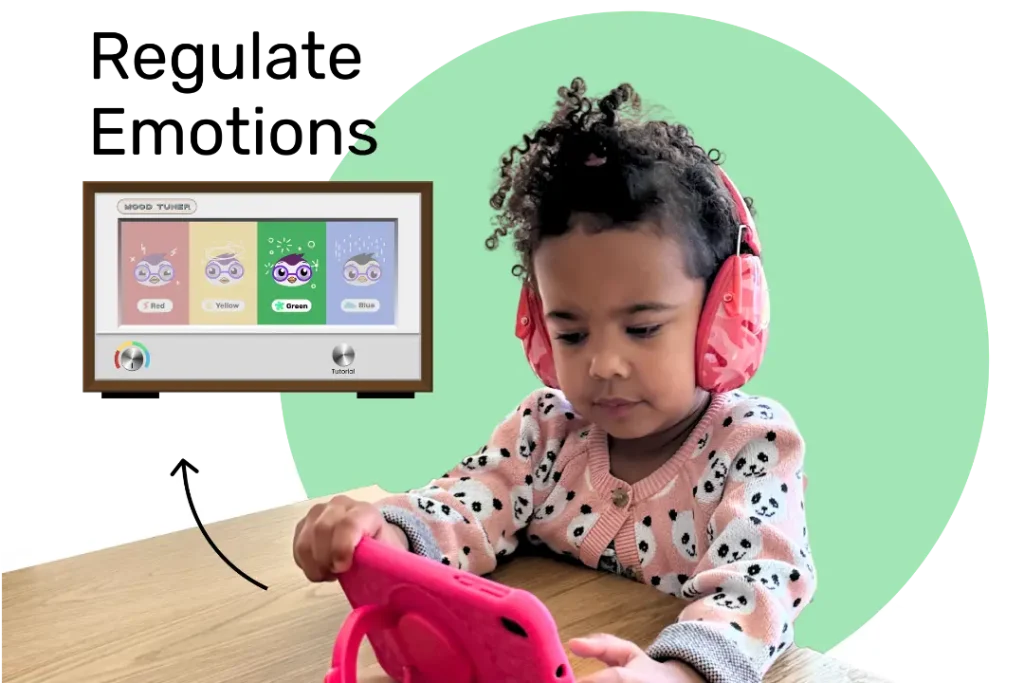As someone who works closely with children, I’ve seen firsthand how emotionally withdrawn behavior can be confusing and disheartening for parents. In this blog post, I’ll share insights into the possible reasons behind emotional withdrawal, such as stress, anxiety, depression, or neurodivergence. I’ll also provide actionable tips to help you reconnect with your child. Additionally, we’ll discuss recognizing emotional withdrawal, tailoring support for neurodivergent kids, and knowing when to seek professional help. Let’s navigate this challenging phase together and rebuild the bond with your child.
Table of Contents
Reasons Behind Emotional Withdrawal in Kids
First, let’s explore the possible causes of emotional withdrawal. Factors like stress, anxiety, depression, or neurodivergence can influence a child’s emotional state. Uncovering the root cause is crucial for addressing the issue effectively.
| Cause | Explanation |
|---|---|
| Stress | Kids can face stress from academic, social, or family situations, leading to emotional withdrawal or detachment. |
| Anxiety | Children with anxiety may withdraw from situations, people, or experiences that trigger their symptoms. |
| Depression | Kids with depression often show signs of emotional withdrawal, such as losing interest in activities or distancing themselves from loved ones. |
| Neurodivergence | Neurodivergent kids, such as those with autism or ADHD, may process emotions differently, leading to withdrawal or communication difficulties. |
Recognizing Emotional Withdrawal in Kids
Spotting emotional withdrawal in your child is essential for early intervention and support. Keep an eye out for these signs:
- Difficulty expressing emotions or discussing feelings
- Avoidance of social situations and interactions
- Loss of interest in hobbies or activities
- Increased irritability or moodiness
- Changes in sleep patterns or appetite

Read more: My Teen is Feeling Withdrawn | How to Help
Observing these signs can help you determine if your child is struggling with emotional withdrawal and needs your support.
Reconnecting with Your Emotionally Withdrawn Child
Establishing trust and communication is vital for rebuilding your connection with your child. Consider implementing these strategies:
- Active listening: Make time to engage in open and non-judgmental conversations. Try encouraging your child to express their thoughts and feelings without fear of criticism.
- Empathy: Validate your child’s emotions and let them know you understand and care about their feelings.
Moreover, practicing patience and maintaining consistency are essential for fostering a stronger bond:
- Patience: Emotional withdrawal can’t be resolved overnight. Be patient and give your child space to process their emotions at their own pace.
- Consistency: Maintain a consistent routine and structure in your child’s life, creating a sense of stability and security.
- Support: Offer guidance, encouragement, and resources to help your child manage their emotions and challenges.

Read more: 18 Month Autism Screening
Supporting Neurodivergent Kids
Neurodivergent kids, such as those with autism, ADHD, or learning differences, may experience emotional withdrawal differently. Tailoring your support to their unique needs can improve your connection and understanding:
- Learn about their neurodivergence: Educate yourself on your child’s specific diagnosis to gain a deeper understanding of their experiences and challenges.
- Encourage self-expression: Give your child opportunities to express themselves creatively, such as through art, writing, or music.
- Sensory considerations: Be mindful of sensory sensitivities that may contribute to emotional withdrawal and adapt the environment accordingly.
- Professional support: Consult with therapists, educators, and support groups to gather additional resources and guidance tailored to your child’s needs.
When to Seek Professional Help
While emotional withdrawal can often be addressed through open communication and support, there are instances when professional help is necessary:
- Persistent emotional withdrawal despite efforts to reconnect
- Signs of depression, anxiety, or other mental health concerns
- Concerns about your child’s safety or well-being
- Difficulty managing your own emotions or stress related to your child’s emotional withdrawal
Don’t hesitate to reach out to a mental health professional, such as a therapist or counselor, for guidance and support tailored to your family’s needs.
Goally | Kid’s Tablet for Building Emotional Regulation Skills
Is your child struggling with understanding and managing their emotions? Goally teaches emotional regulation skills in a fun and interactive way!

The Mood Tuner app encourages kids to look inwards and identify their feelings, helping them understand what’s going on inside. Once they’ve recognized their emotions, they can choose from a variety of exercises designed to help them self-regulate and find their balance.
Supporting an emotionally withdrawn child is challenging, but with patience, understanding, and tailored strategies, you will strengthen your connection and help your child thrive. Remember, you are not alone in this journey, and there is always hope for a brighter, more connected future with your child.
Helpful Resources
FAQ’s About Kids Being Emotionally Withdrawn
What does it mean when a child is emotionally withdrawn? An emotionally withdrawn child often chooses to limit their emotional interactions, typically appearing unresponsive or disinterested. How can parents identify emotional withdrawal in children? Signs may include lack of expressiveness, little to no interest in social activities, and reluctance to discuss feelings. Can visual schedules help with emotional withdrawal? Yes, visual schedules can introduce predictability and routine, reducing anxiety and facilitating emotional predictability. How can emotional regulation apps support emotionally withdrawn children? These apps can help children identify, understand and manage emotions better, potentially addressing aspects of emotional withdrawal. Are rewards effective in managing emotional withdrawal in children? Yes, positive reinforcement through rewards can motivate children to express emotions and engage socially, addressing withdrawal tendencies.
This post was originally published on 05/13/2023. It was updated on 07/26/2024.
Emily is a seasoned blog writer for Goally, leveraging her extensive background in child psychology and special education to provide valuable insights and resources for parents. Her commitment to understanding and addressing the unique needs of these children, combined with her expertise in educational strategies, makes her a credible and empathetic voice for families.






